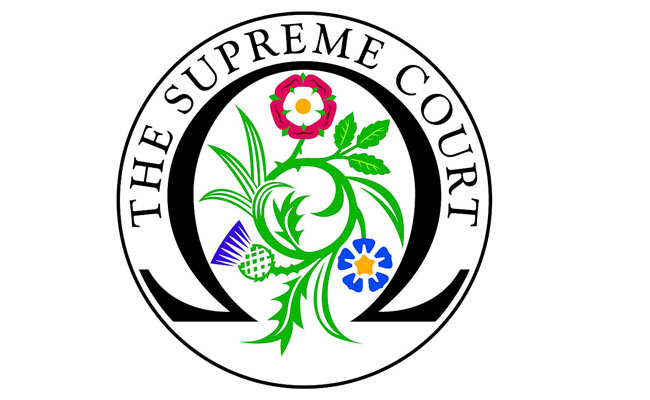Imprisonment: The essence of imprisonment is being made to stay in a particular place by another person. The methods which might be used to keep a person there are many and various. They include physical barriers, guards or threats of force or of legal process [24].
In this case there is no doubt that the Secretary of State defined the place where the claimant was to stay between the hours of 11.00 pm and 7.00 am. There was no suggestion that he could go somewhere else during those hours without the Secretary of State’s permission [25]. Although the claimant broke his curfew from time to time, this made no difference to his situation while he was obeying it. Like a prisoner who goes absent from an open prison, or a tunneller who successfully escapes from a prison camp, the claimant was not imprisoned while he was away, but he was imprisoned as long as he stayed at home [26].
Although it was physically possible for the claimant to leave, his compliance was enforced and not voluntary. He was wearing an electronic tag which meant that leaving his address would be detected. The monitoring company would then telephone him to find out where he was. He was warned in the clearest possible terms that breaking the curfew could lead to a £5,000 fine or imprisonment for up to six months or both. He was well aware that it could also lead to his being detained again under the 1971 Act. All of this was backed up by the full authority of the State, which was claiming to have the power to do this [27]. This is a case of “classic detention or confinement” [28].
Deprivation of liberty: The ECHR distinguishes between deprivation and mere restriction of physical liberty. Whether there has been a deprivation of liberty depends on a number of factors including the type, duration and effects of the confinement [29]-[30]. In Secretary of State for the Home Department v JJ [2007] UKHL 45, Lord Brown expressed the view that an eight-hour curfew would not amount to a deprivation of liberty for these purposes [32]. Consequently, the Secretary of State argued the curfew in this case would not amount to a deprivation of liberty, and suggested the time had come to align the domestic law of false imprisonment with the concept of deprivation of liberty under the ECHR.
The Supreme Court unanimously declines to do so. Although the common law may develop to meet the changing needs of society, this proposal would not develop the law but make it take a retrograde step. It would restrict the classic understanding of imprisonment at common law to the very different and much more nuanced concept of deprivation of liberty under the ECHR. This approach derives from the need to distinguish under the ECHR between the deprivation and the restriction of physical liberty. There is no need for the common law to draw such a distinction and every reason for the common law to continue to protect those whom is has protected for centuries against unlawful imprisonment, whether by the state or private persons [33].
Accordingly, it is possible for there to be imprisonment at common law without a deprivation of liberty under article 5. It is not necessary to decide whether the converse is true [34].
UK Supreme Court: https://is.gd/VtOOpg
